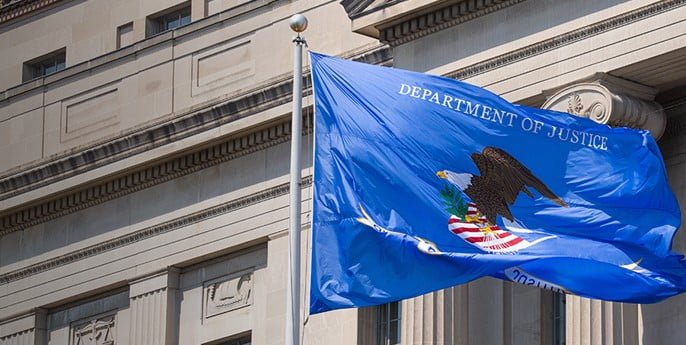Federal judge dismisses challenge to Georgia’s citizenship verification process
(The Center Square) — A federal judge has granted a motion to dismiss a challenge to Georgia’s citizenship verification process, state officials said.
On Thursday, U.S. District Judge Eleanor Ross granted Georgia Secretary of State Brad Raffensperger’s motion to dismiss.
“Ensuring that only U.S. citizens vote in our elections is critically important to secure and accurate elections,” Raffensperger said in a statement. “Georgia’s citizenship verification process is common sense and it works. With this ruling, we are able to continue ensuring that only U.S. citizens are voting in our elections.”
The ruling in the Northern District of Georgia follows a September 2022 ruling by U.S. District Judge Steve Jones in favor of Raffensperger in another case Fair Fight Action filed. According to a release from Raffensperger’s office, Ross’ ruling will result in Georgia’s citizenship verification processes remaining in place for the 2024 election.
“This is disappointing because it will potentially disenfranchise citizen voters who now have to jump through multiple bureaucratic hurdles to vote,” Aunna Dennis, executive director of Common Cause Georgia, said in a statement to The Center Square. “It will also create shock waves that may chill other new voters from trying to vote, even when they are eligible.
“Sadly, Georgia’s lawful voters will bear the brunt of anti-immigrant sentiments,” Dennis added.
The group and the New Georgia Project, GALEO Latino Community Development Fund, ProGeorgia State Table, Asian-Americans Advancing Justice – Atlanta and the Georgia Coalition for the People’s Agenda filed the lawsuit, claiming Georgia’s citizenship verification process violated the U.S. Constitution, the Voting Rights Act, and the National Voter Registration Act.
State officials previously confirmed to The Center Square that the earlier Fair Fight Action lawsuit left taxpayers with a roughly $6 million legal bill. A spokesperson from the state attorney general’s office did not respond to a request for information on how much the state has spent defending the lawsuit.






